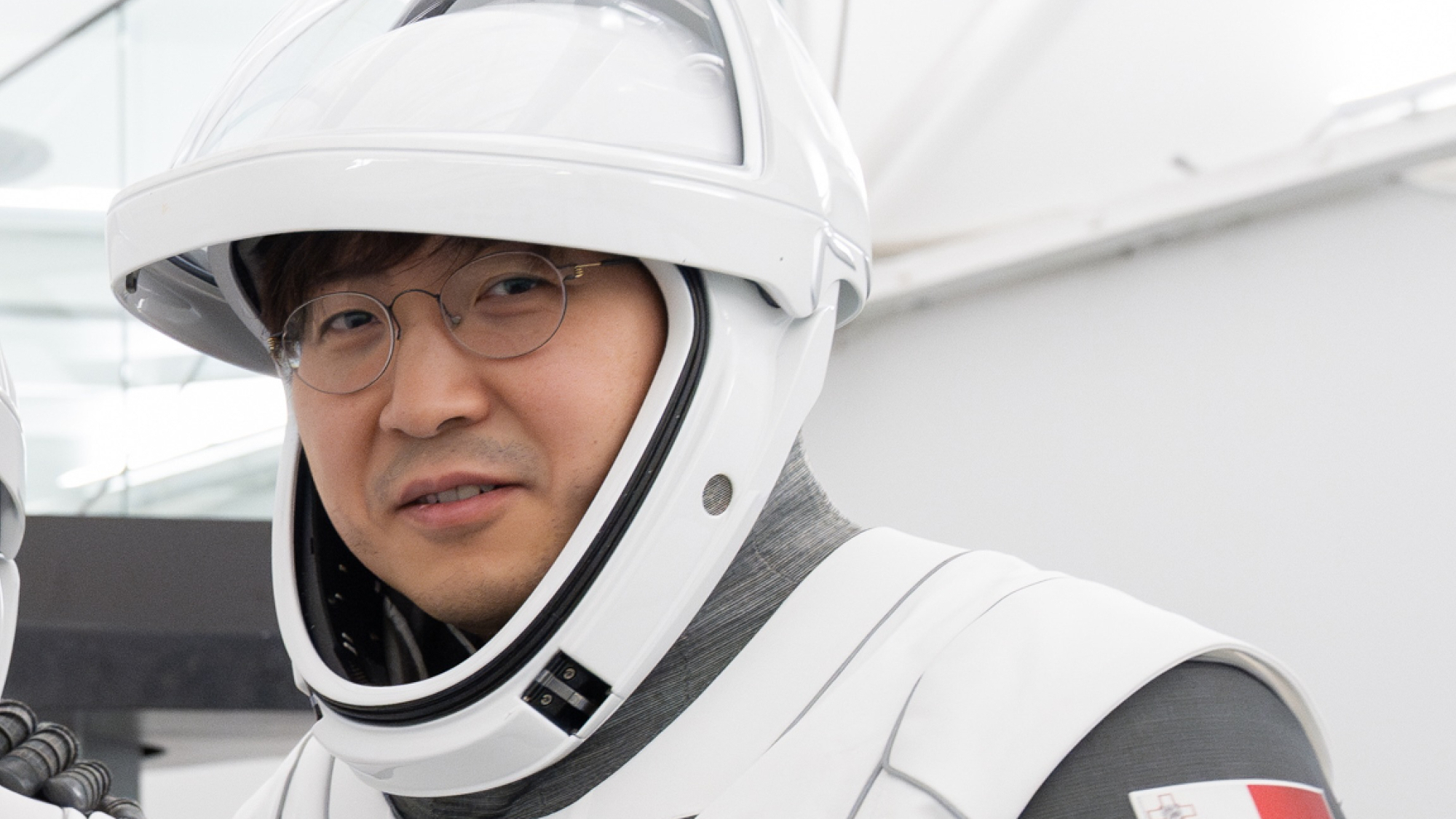Research sheds light on why we spend so much time watching shows that we have a strong dislike for, and why we derive pleasure from criticizing them.
getty
‘Hate-watching’ refers to the act of consuming media, usually television, purely for the enjoyment of mocking or criticizing it. Although hate-watching may seem contradictory, it is a common activity among many people.
Have you ever found yourself watching a show that was so terrible it made you angry, yet you continued to watch the entire season? You recognize that the dialogue, character development, and storyline are all terrible, but you can’t help but binge-watch it while criticizing it with your friends and followers. This is what is known as hate-watching.
For example, Sharknado has been widely regarded as the worst movie of all time, yet it has become one of the most successful movie franchises, grossing over $4 billion. Similarly, Netflix’s Emily in Paris was one of the most poorly received television shows, but it managed to accumulate nearly 60 million viewers in its first month on the platform.
If we dislike these shows and movies as much as we claim, why do we continue to watch them? Psychological research offers several explanations for the phenomenon of hate-watching.
Why Do We Watch Things That We Hate?
A study published in the European Journal of Social Psychology explored the differences in how we perceive feelings of dislike versus feelings of hate. The researchers found that hatred and dislike differ in terms of intensity and morality.
In the study, participants were asked to think about things they truly hated and things they simply disliked. The participants viewed the objects they hated as more negative compared to the objects they disliked. They also associated the hated objects more strongly with moral emotions like anger, disgust, and contempt.
By understanding the differences between feelings of dislike and hate, we can better comprehend the hate-watching phenomenon. If you only dislike a show or movie, it is easier to switch the channel and watch something that aligns with your interests.
However, when we truly hate a show, it becomes personal. We see the show as inherently worse than something we merely dislike. We experience stronger negative moral emotions when confronted with things we hate, so the show feels offensive to us.
These feelings of hate can be more overwhelming than feelings of dislike, which may explain why we engage in hate-fueled late-night binge-watching. We are indifferent toward media that we dislike. However, we continue to watch media that offends our moral sensibilities so that we can take action, such as making sarcastic comments about a cringe-worthy character from the comfort of our couch or sharing a strongly-worded tweet about how we could write the show better.
Why Hate-Watching Feels So Good
As much as we detest terrible TV, hate-watching itself can bring about a sense of satisfaction for two reasons:
- Hating can make us happy. Research has shown that experiencing desired emotions, even negative ones like hate and anger, can ultimately make us feel happier. When we watch something that we hate, we experience intense emotional reactions. These reactions can trigger various responses in our brain, such as the release of adrenaline or the activation of our fight-or-flight response. Normally, these responses prompt us to take action in order to protect ourselves in dangerous situations. However, in the absence of any real physical threat, these intense emotional reactions can lead to the release of happy hormones like oxytocin, dopamine, or serotonin. Thus, the hate in hate-watching can actually provide a sense of pleasure.
- Hating brings us together. Bonding with friends and followers over a shared hatred for something can foster a sense of camaraderie. Research suggests that some “anti-fandoms” are more tightly knit than actual fandoms. This is likely because when a friend validates and shares our hatred for something, it can make us feel supported in our beliefs, boosting our self-esteem.
When Does Hate-Watching Become Harmful?
As good as hate-watching makes us feel, hate is a powerful emotion that should be consumed in moderation. Hate-watching can be a harmless hobby that allows us to channel negative energy or bond with friends, but excessive indulgence can take a toll on our mental health.
When we hate-watch something, especially to an excess, we are devoting our time to immerse ourselves in strong negative emotions. Although these emotions may result in secondary feelings of satisfaction, it is important to acknowledge that hate-watching involves passing judgments and focusing on the negative aspects of something.
As harmless as this may seem in the moment, constantly focusing on the negatives can make us more cynical and pessimistic in other domains of our lives. If you find yourself becoming more hateful towards things beyond trash TV, it may be beneficial to take a break from hate-watching.
Conclusion
On good days, hate-watching can be seen as an indication that we truly care about something. We have high expectations for content creators and consume media deeply, with the intention to engage. However, hate-watching can potentially spill over into other aspects of our lives, leading us to constantly disparage things as a hobby. Striking a balance between the urge to hate-watch and engaging in healthier pursuits, such as creating things we love or consuming content that brings laughter, reflection, or appreciation for life, can protect us from the negativity trap.












![YGOrganization | [SEU] Alliance Perception – TCG Names and Card Textual content [ALIN-EN] YGOrganization | [SEU] Alliance Perception – TCG Names and Card Textual content [ALIN-EN]](https://cdn.ygorganization.com/2025/03/ALIN-BoosterEN.png)

